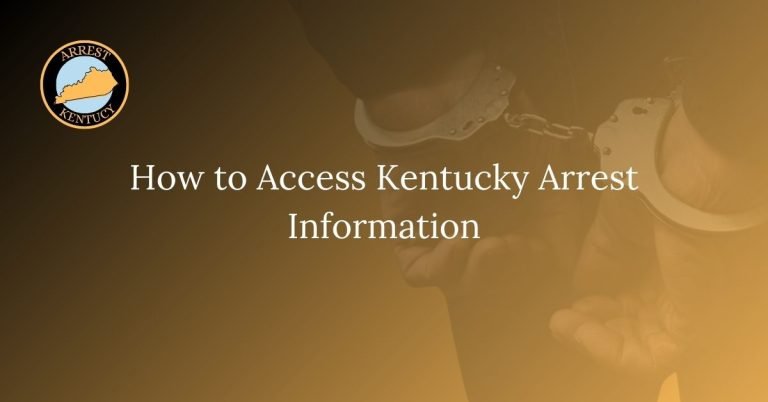Key Roles in Kentucky Governance

Kentucky’s political landscape is shaped by two central figures: the Governor and the State Legislature. Each plays a vital role in the state’s governance, influencing how laws are made, implemented, and overseen. Understanding their respective functions helps clarify how decisions affecting Kentucky’s residents are reached and executed.
The Governor acts as the chief executive officer, overseeing the state’s administration and ensuring that laws are enforced. The State Legislature, a bicameral body composed of the Senate and the House of Representatives, is responsible for creating and passing legislation. Together, these entities balance power and ensure that Kentucky’s governance is both effective and representative of its citizens’ needs.
Governor’s Duties
The Governor of Kentucky is the highest executive official, elected by the state’s residents. This role includes implementing laws passed by the State Legislature and supervising various state agencies for effective administration. The Governor also commands the state’s National Guard, managing emergencies and crises, and has the authority to grant pardons, commute sentences, and call special legislative sessions when necessary.
Regarding legislation, the Governor holds the power to sign bills into law or veto them. If a bill is vetoed, it can still become law if the legislature overrides the veto with a two-thirds majority vote. This system maintains a balance of power between the executive and legislative branches, ensuring thorough scrutiny of proposed laws.
State Legislature’s Functions
The Kentucky General Assembly, or State Legislature, is the legislative arm of Kentucky’s government, consisting of the Senate and the House of Representatives. This bicameral body is tasked with creating and passing laws. Legislators, elected by Kentucky’s citizens, represent their interests and concerns in the law-making process.
The legislative process begins with the introduction of a bill by a legislator, followed by various stages of review, including committee hearings and debates. If a bill gains majority approval in both chambers, it is sent to the Governor for final approval. The State Legislature also plays a crucial role in managing the state budget, ensuring that funds are allocated efficiently for various programs and services.
Frequently Asked Questions
Understanding the key roles within Kentucky’s governance structure can clarify how state functions are managed and the responsibilities of various officials. Commonly asked questions include inquiries about the duties of the Governor, Lieutenant Governor, and other crucial positions in the state government. For detailed insights, visit our comprehensive FAQ section.
What does the Kentucky Governor do?
The Kentucky Governor acts as the state’s chief executive, responsible for managing the state’s administration, enforcing laws, and overseeing state finances. They can sign or veto legislation, appoint officials, and handle emergencies. Their role ensures that the state’s executive branch operates efficiently and in line with legislative mandates.
How is the Kentucky Governor chosen?
The Governor is elected through a statewide general election held every four years. During this election, Kentucky’s citizens vote for their preferred candidate. The candidate who receives the majority of votes becomes the Governor, assuming the role of the state’s highest executive officer.
What powers does the Kentucky Governor have in emergencies?
In times of emergency, the Governor has the authority to declare a state of emergency, which activates special measures to address the situation. They can also mobilize the National Guard to assist in disaster response and implement emergency protocols to protect public safety and order within the state.
What does the Kentucky State Legislature do?
The Kentucky State Legislature, or General Assembly, is responsible for creating and enacting laws that govern the state. Composed of the Senate and the House of Representatives, it proposes, debates, and votes on legislation. This legislative body ensures that new laws reflect the needs and interests of Kentucky’s residents.
When does the Kentucky State Legislature meet?
The Kentucky State Legislature convenes annually, starting in January and lasting for a set period. During this regular session, legislators discuss and vote on proposed bills. Additionally, the Governor can call special sessions to address specific issues that require immediate attention.
Can the Kentucky Governor be removed from office?
Yes, the Kentucky Governor can be impeached by the State Legislature for serious misconduct or abuse of power. The impeachment process includes a trial in the State Senate, where a two-thirds majority vote is needed to remove the Governor from office. This process ensures accountability and checks on the executive branch’s power.






